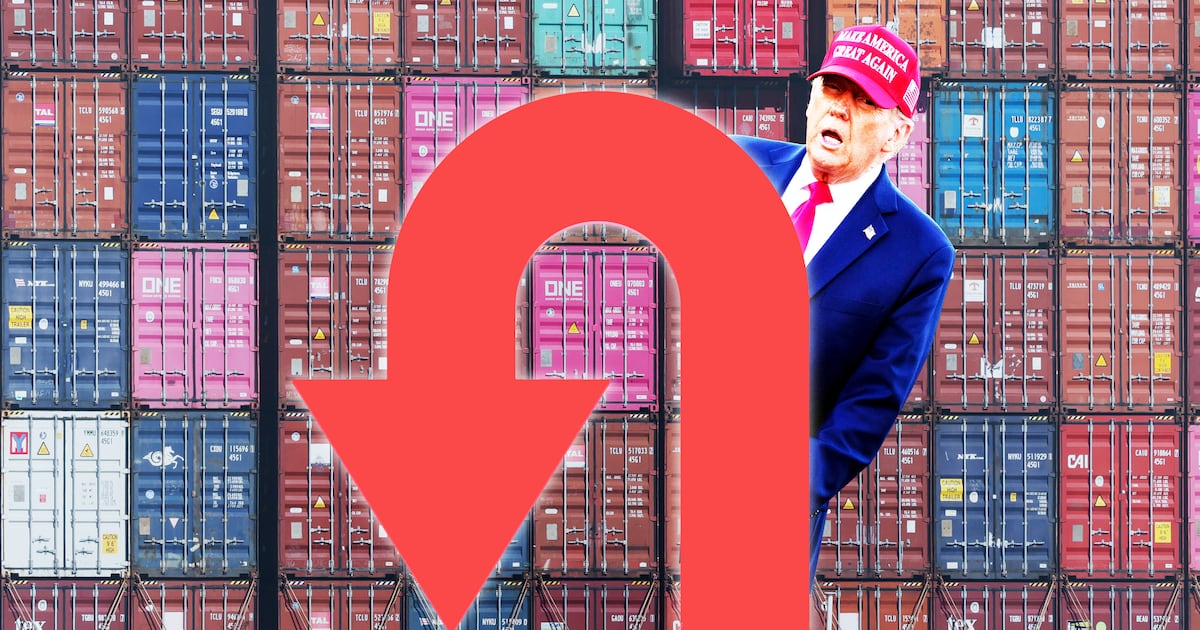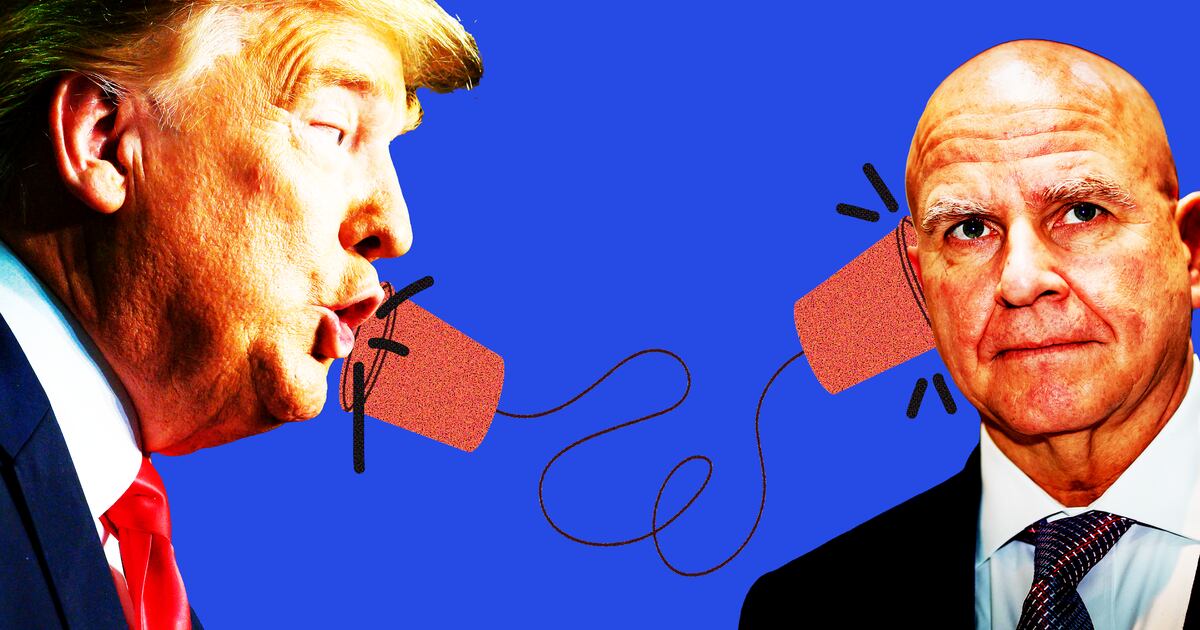
It is fitting that the plight of women should be emerging as the paramount focus of efforts to improve lives in the developing world. The call to action is coming from many quarters—the Clinton Global Initiative, a special U.N. event convened by Wendi Murdoch and Queen Rania of Jordan, and the terrific new bestselling book by Nick Kristof and Sheryl WuDunn, Half the Sky, which declares, “In the 19th century, the central moral challenge was slavery…In this century, the paramount moral challenge will be the struggle for gender equality in the developing world.”
Yet few of the efforts now directed at women in the developing world are likely to bring about this desperately needed emancipation. For example, Kristof and WuDunn argue for mass charity from America to support female social entrepreneurs and other grassroots activists (as well as a $10 billion check from Congress to fund schools for girls). But there is only so much that can be achieved by bottom-up approaches. Fighting the discrimination and deprivation that women suffer is about changing entrenched attitudes and policies within societies. More than charity, it needs a bold, politically savvy campaign by a grand coalition of grassroots organizations, governments, and philanthrocapitalists—just like the one that defeated slavery.
How about creating a new prize for the political leader who has done most to improve maternal health? And don’t confine it to Africa.
The campaign against the slave trade was guided by a group of wealthy businesspeople with a conscience. Led by a member of parliament, William Wilberforce, they lobbied for a ban on the slave trade (which Parliament finally enacted in 1807), rather than attacking slavery per se. Wilberforce and his backers understood that this was a focused fight they were more likely to win and that, crucially, this victory would lead inexorably to the end of slavery, not least by recruiting the then most powerful government on earth to the cause.
In a similar spirit, the campaign for women’s emancipation should initially focus on just one goal that can be achieved on the level of government policy. Bottom-up solutions, like providing schools for girls or microfinance for women, can do a lot of good. But real change requires political change—and improving maternal health is the issue most likely to lever that change.
Campaigning for mothers not only has an obvious universal appeal (we all have a mother); it is also a massive problem that is easy to solve—if there is the political will to do so. Half a million women and girls die each year in pregnancy and childbirth, with a devastating ripple effect on their families. Yet stopping these deaths does not pose some complex medical challenge, like preventing HIV/AIDS. Eighty percent of these maternal deaths could be prevented with basic health care that governments in the developing world are failing to provide.
The problem is not a lack of medicines. It is lack of political commitment. Change that, so politicians make mothers a priority for health care, and it will likely be the catalyst for a much broader change in the status of women.
The good news is that this campaign is already under way, thanks to seed funding by Bill Gates. As so often throughout history–and not just in the abolition of slavery—behind a successful mass movement stands an intelligent philanthropist willing to fund risky strategies and take a long-term approach. But the uniquely political demands of improving maternal health means that lessons need to be learned from several other philanthrocapitalists as well.
One is George Soros, the controversial hedge-fund billionaire, who goes further than most big donors by describing himself as a “political philanthropist.” Soros’ enormous financial outlays in Eastern Europe during the fall of communism gave him valuable lessons in how to seed and grow locally led organizations into powerful forces for political change. By funding dissident groups in Eastern Europe and, more recently, supporting the "color revolutions" in Serbia, Georgia, and Ukraine, Soros showed that philanthropy can change policy. Ask him how to create civil society organizations to lobby for maternal care in developing countries.
Another is Jeff Skoll, the first chief executive of eBay. He funded Al Gore’s climate-change wakeup call, An Inconvenient Truth, and has since pioneered the use of social media (such as texting from cellphones) to help the audiences of his issue movies turn their emotions into actions. Those same techniques could be used to change minds about maternal health in the developing world.
Then there is Mo Ibrahim, a Sudanese telecom tycoon, who has stimulated a lively debate throughout Africa about what is good government by funding a multimillion-dollar annual prize for the best political leadership on that continent. How about creating a new prize for the political leader who has done most to improve maternal health? And don’t confine it to Africa. Prince Al-Waleed of Saudi Arabia has endowed a large foundation that has yet to give much money away; perhaps establishing a prize for the most pro-woman Arab leaders is the cause he has been looking for?
The leading philanthrocapitalists understand that when tackling a big problem, whether it is fixing America’s schools or ending deaths from malaria, giving will only have a real impact if it can leverage top-down change from governments. The problems women face go way beyond those of poor health in motherhood, but the mother of all campaigns would be our best bet to drive the broader changes needed to bring about gender equality.
Matthew Bishop and Michael Green are co-authors of Philanthrocapitalism: How Giving Can Save the World, which is out in paperback next month. Bishop is NewYork bureau chief of The Economist and on Twitter @ mattbish. Green is a writer and consultant. They blog at www.philanthrocapitalism.net.







